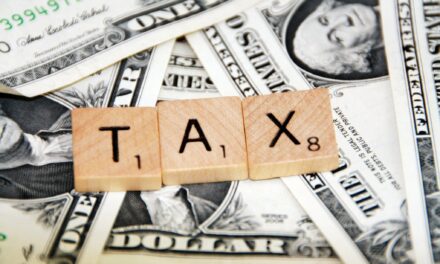A lawsuit is challenging whether or not lobbyist-lawmaker emails should be available to the public in Pennsylvania.
In 2008, the Pennsylvania state legislature planned to pass updates to the state’s public records law. State Senator Jim Ferlo of Allegheny County said the landmark measure would “make correspondence between legislators and lobbyists public documents.”
He added, “I think this is certainly a cornerstone piece of legislation in regard to the … organizations that have professional paid lobbyists, the significant role they play in the drafting, formulation, and passage of pieces of legislation in lobbying both Houses of the Capitol.”
This December, Ferlo’s prior remarks were reexamined during oral arguments in a public records lawsuit brought by SpotlightPA. The goal is for the public to gain access to those emails between the legislators who make laws and the lobbyists who attempt to influence them.
The news organization is going against the Pennsylvania Senate, which denied a request under the state’s Right-to-Know Law for emails between lawmakers and a group of lawmakers just last year.
SpotlightPA had requested the correspondence as part of its investigation into allegations of political corruption in DuBois, Pennsylvania, which had employed lobbyists and received state grants. The Senate denied the request, saying the emails do not fall under one of the 19 categories of records that the legislature must make public under the law.
The categories, which largely encompass financial records, are unique to the state legislature. State lawmakers exempted themselves from having to disclose numerous documents that the executive branch routinely makes public in the 2008 law.
SpotlightPA appealed the decision, arguing that a clause within the law provides public access to lobbyist-lawmaker correspondence. The case is currently before the Commonwealth Court.
The clause, included in a section of the law that concerns records that are exempt from disclosure, says that “correspondence” between lawmakers and constituents that would identify the person or the reason they are writing is exempt, except when the correspondence is between lawmakers and lobbyists.
The Senate hired a private law firm to fight the appeal. The firm told a panel of Commonwealth Court judges that because emails are not specifically included in one of the 19 categories of legislative records that are public, the request should be rejected.






